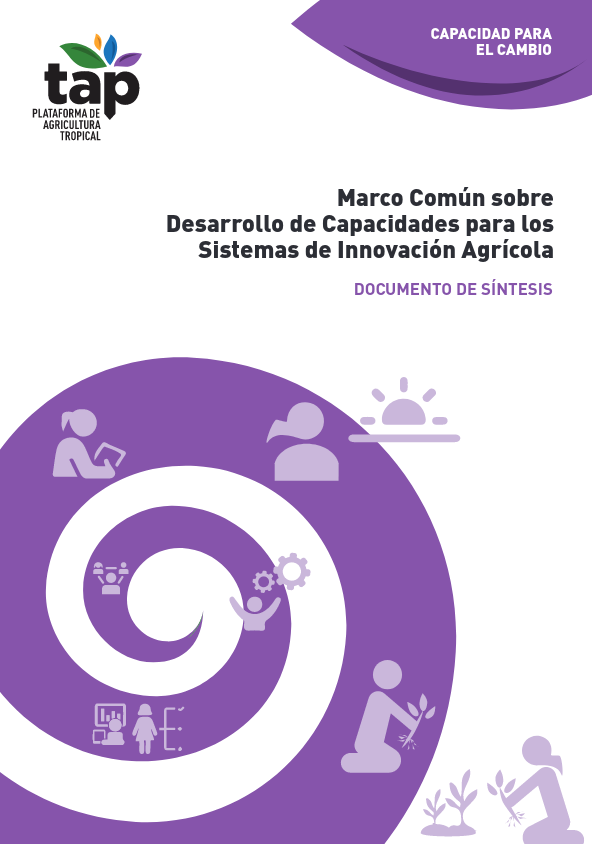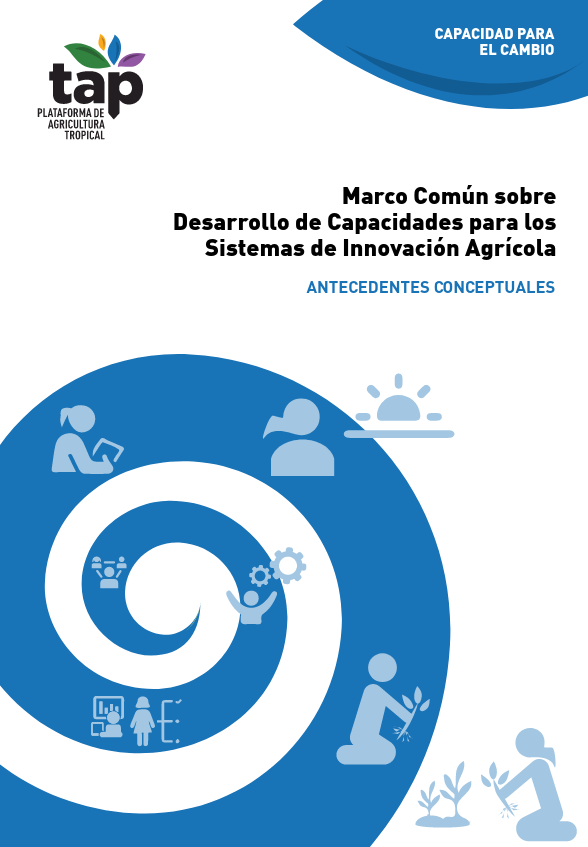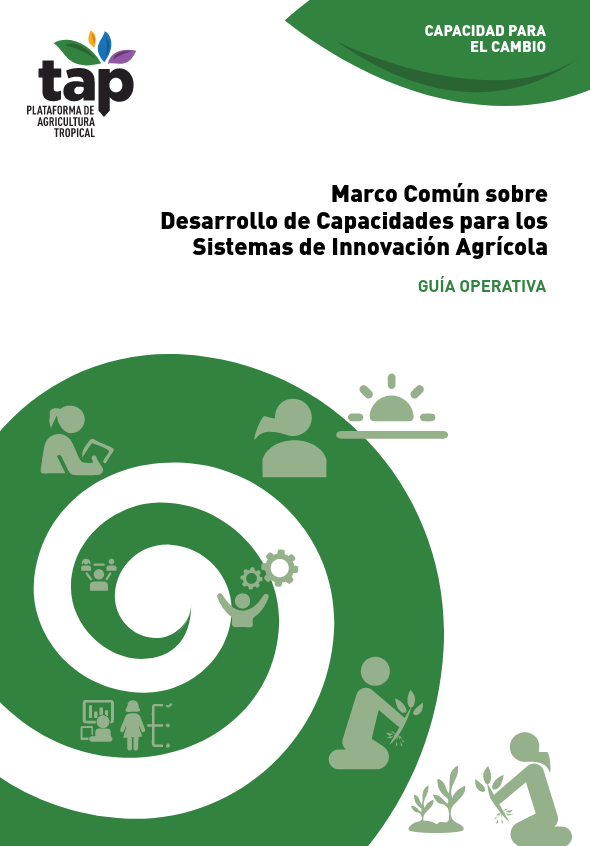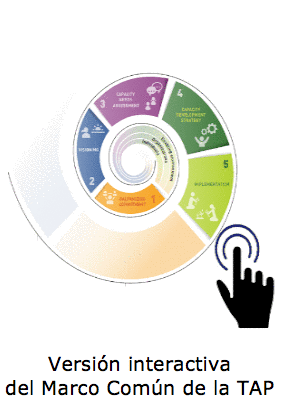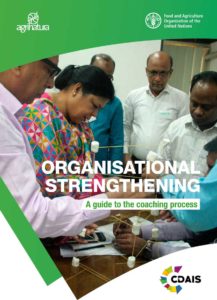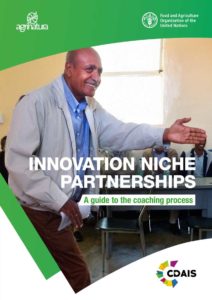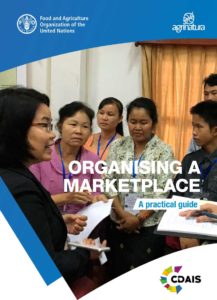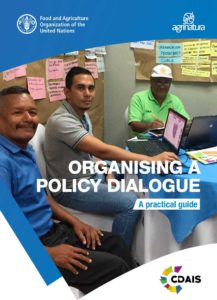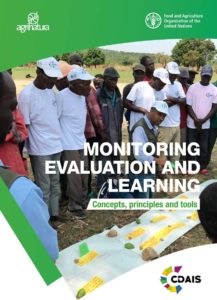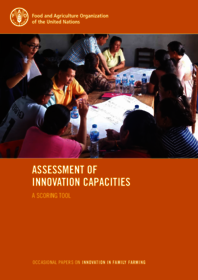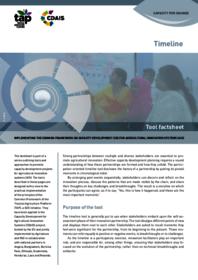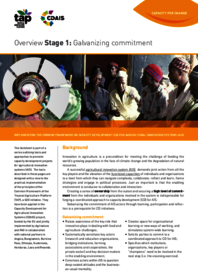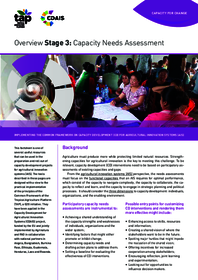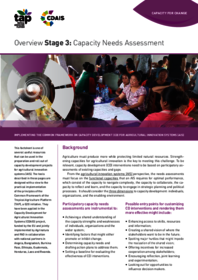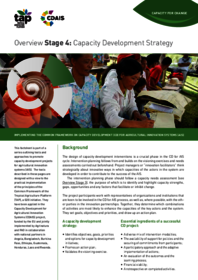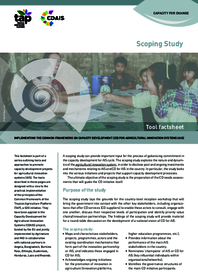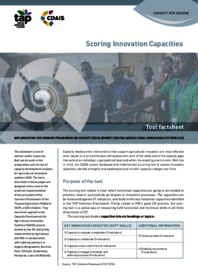En esta sección puede encontrar los principales recursos desarrollados por la Plataforma de Agricultura Tropical (TAP)
Marco Común de la Plataforma de Agricultura Tropical (TAP)
El Marco Común propone un enfoque práctico para el Desarrollo de Capacidades (DC) para la Innovación Agrícola.
Manuales de desarrollo de capacidades
Herramientas de la TAP
La FAO, en colaboración con Agrinatura, ha producido una serie de hojas informativas que describen herramientas y enfoques para promover proyectos de desarrollo de capacidades para sistemas de innovación agrícola (AIS). Las herramientas están diseñadas con miras a la implementación práctica de los principios del Marco Común de la Plataforma de Agricultura Tropical (TAP). Estas herramientas han sido usadas en el proyecto CDAIS.
Otros recursos de TAP
Esta sección contiene otros recursos desarrollados por la Plataforma de la Agricultura Tropical, como herramientas de implementación práctica y hojas informativas para el Desarrollo de Capacidades, Historias de éxito de proyectos implementados, Carta de la TAP, informes anuales de la TAP y muchos más.

